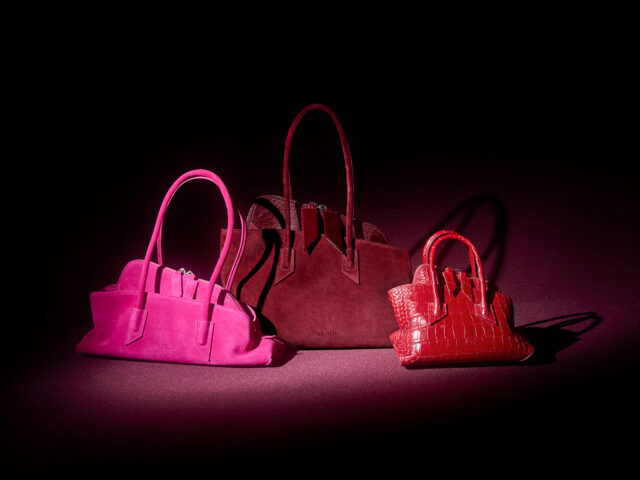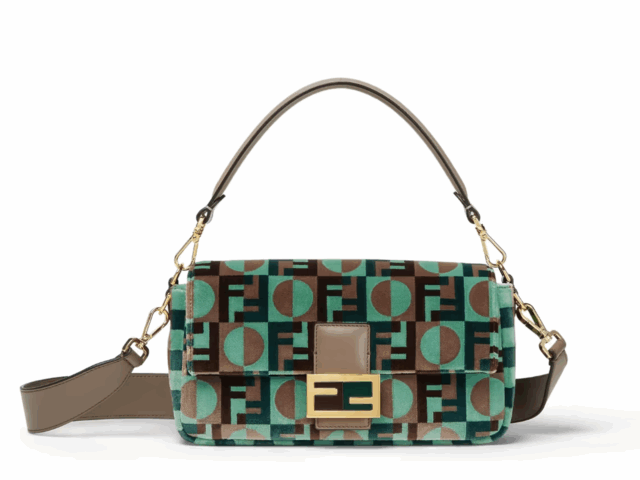LVMH, the world’s largest luxury conglomerate, has entered into a strategic partnership with two of the UK’s most prestigious educational research centres: Imperial College London and Central Saint Martins. The aim? To embark on a new project aimed at developing new sustainable biotextiles.
The combination of the UK institutions’ advanced studies in science and design, and LVHM and Fendi‘s extensive fashion expertise, will result in the development of new sustainable biotextiles. The two-year project will study the creation of new fur fibres. These will be cultivated in laboratories and will become the definitive substitute for fur, among other materials.
“The LVMH Life 360 environmental strategy includes a research and innovation programme dedicated to sustainable luxury, through the creation of new materials and new technologies that will enable our Maisons to achieve their ambitious climate and biodiversity objectives,” explains Hélène Valade, head of LVMH‘s environmental development department.
Fendi President and CEO Serge Brunschwig says, “Since its founding in 1925, Fendi has been at the forefront of experimentation, pioneering tradition and artisanal innovation, making the best raw materials available to our customers, according to their personal choices”.
For the first time, according to LVMH, the keratin protein will be the main element on which work will begin. In this way, completely new fibres will begin to be produced that will have a positive impact on the environment through the regeneration of the natural environment.
To understand how the biological world works, the luxury giants have enlisted the help of Tom Ellis (professor of synthetic biology at Imperial College London) and Carole Collet (professor of biodesign at Central Saint Martins in London).
“Biodesign research is a means to provoke alternative futures and the transition to new production models based on how biology works,” says Carole Collet. “Learning from nature and working at the intersection of design and biotechnology research is key to exploring these future-oriented innovations,” she adds.
Sigue toda la información de HIGHXTAR desde Facebook, Twitter o Instagram
You may also like...







